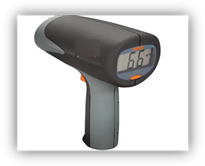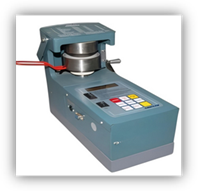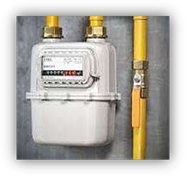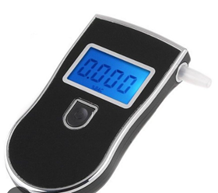India has taken a big step forward in making sure measurements in daily trade and services stay reliable. The central government recently updated the rules for approved testing centers, allowing more types of equipment to get checked properly. This change brings private players into the picture alongside official labs, making the whole process quicker and more accessible for businesses across the country.
Why These Changes Matter for Everyday Life
Think about the water bill you pay or the fuel you buy at the pump. Or even the blood pressure machine at your local clinic. All these depend on tools that measure things correctly. If they go wrong, people end up paying more or getting wrong results. The new rules cover eighteen different kinds of devices to prevent such issues. From simple weighing scales in markets to advanced flow meters in factories, everything now falls under a stronger checking system.
This move helps build trust in markets. Shoppers feel confident they receive exact quantities, while companies avoid disputes over wrong readings. It also lines up with global standards, giving Indian products a better standing in international trade.

New Devices Added to the Verification List
The updated guidelines now include a wider range of tools used in various fields. Here are some key additions:
- Water meters that track household and industrial usage
- Blood pressure monitors essential in medical checkups
- Clinical thermometers for accurate temperature readings
- Automatic systems for weighing trains
- Measuring tapes for construction and tailoring
- Everyday weighing machines up to 150 kilograms
- Heavier scales for shops and warehouses
- Load cells used in industrial setups
- Traditional beam balances and counter machines
- All types of standard weights
Besides these, the list covers gas meters for cooking fuel, electricity meters in homes, devices to check moisture in grains, speed detectors on roads, breath testing equipment for traffic enforcement, tools for three-dimensional measurements, and flow meters for liquids and gases.

How Private Labs Are Changing the Game
Earlier, only government facilities handled these checks. Now, qualified private laboratories and even industry units can become approved centers. This partnership increases the number of places where businesses can get their equipment tested. Long queues and delays become things of the past. Companies save time and money, which ultimately benefits customers through smoother operations.
The government recognizes regional labs and national testing houses as automatic approved centers. This creates a countrywide network, ensuring no area lacks proper facilities. Local industries, especially in remote parts, find it easier to comply with rules without traveling far.
Support for Local Enforcement Teams
State officials who oversee weights and measures often juggle multiple tasks. With approved centers taking over routine checks, these officers focus on surprise inspections, handling complaints, and catching violators. This shift makes enforcement sharper and more effective. Fewer faulty devices slip through, leading to fairer markets everywhere.

Clearer Processes and Fair Fees
The amendments lay down straightforward steps for any lab wanting approval. Applications go to the consumer affairs department in a set format. Inspectors follow defined standards for equipment, staff skills, and infrastructure. Payments happen online, cutting paperwork and corruption risks.
Centers can now serve customers within their district or even the entire state. A new schedule fixes uniform charges for different tests, removing confusion and overbilling. All these tweaks make life simpler for businesses while maintaining high quality in verifications.
Aligning with Global Standards
India follows guidelines from the international body for legal measurements. The changes match those recommendations, allowing local manufacturers to get worldwide certificates right here. No more depending on overseas agencies, which means lower costs and faster approvals. This edge helps Indian firms compete better in export markets for measuring tools.

Building a Self-Reliant Measurement System
Encouraging homegrown testing setups fits into the larger goal of self-reliance. More domestic labs mean jobs for skilled technicians and less outflow of funds. Technology keeps advancing, and these rules ensure the verification system evolves too. Sectors like healthcare see safer devices, transport gets reliable speed checks, and energy distribution becomes more accountable.
Consumers gain the most. Regular checks on meters and scales guarantee they pay only for what they use. In hospitals, correct readings lead to better diagnoses. On roads, accurate breath tests keep drunk driving in check. All these small accuracies add up to a fairer society.
The consumer affairs minister highlighted this progress during a recent conference in Goa. He explained how the updates modernize the entire setup, involve industries actively, and empower officials on the ground. The result is a clear, tech-savvy framework that promotes honest trade and safeguards public interests.
Overall, these amendments create a robust foundation for measurement integrity in India. Businesses operate with ease, enforcement stays strong, and people enjoy protected rights in every transaction involving weights or measures.
